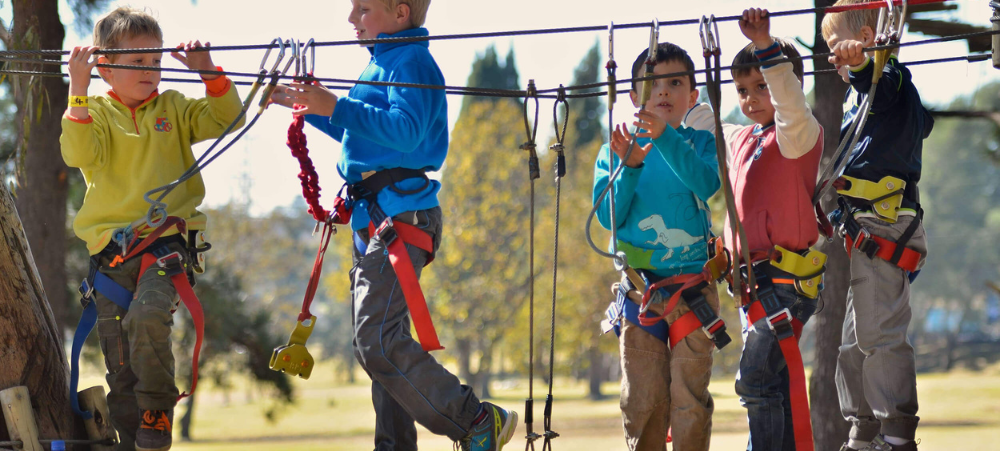It’s a week night and your child is stressing over a test at school the next day. Your child then tells you that some friends are coming by to pick your child up because they are going to the library to study for this exam. You trust that your teen is being truthful and you watch the car drive away, headed to the town library. But what happens next is a parent’s nightmare.
Somewhere between your house and the library, your child’s friends discuss going to a party they heard about on social media that has no adult chaperones. Your teen objects to the idea but in that moment influenced by peer pressure, the group decides to go find that party and your teenager goes along for the ride. Your teen may be thinking that there is still a possibility that the library will be their real and final destination that evening.
Later that evening, the party-goers begin pairing off and disappearing in rooms and dark corners of the house. Another teenager begins flirting with yours and the situation gets very uncomfortable. Your child immediately exits the house, sits down on the front steps, and calls you from their cell phone. They admit to you not being at the library, apologise sincerely, and provide you with the address to come pick them up fast.
I bet I’d have trouble finding any parent who wouldn’t want this to be the outcome for a similar situation involving their teenager. So, in order for your (future) teen to feel comfortable taking this action in a similar situation, what would be required to exist in your relationship with your child? If you said trust, you’re right. In that trust, your teen would have to feel safe calling and being with you, not feeling fearful of repercussions to admitting they made a mistake, and feeling comfortable calling you for help.
Back to the present moment, what can you begin doing now on a daily basis to ensure that your relationship with your children will be built on trust? Here are five things you can begin doing right away.
Listen More and Lecture Less. Announce an “open door policy” in your family that your children (and teens) can talk to you anytime, about anything, and without judgment, ridicule, or punishment.
Remain Calm if You Catch Them in a Lie. Lying is normal for most children and a natural means of protection from parents who get angry and punitive in reaction to mistakes, poor judgment or misbehaviour.
Commit to NOT Yelling. No human, child or adult, enjoys being yelled at. It kills the spirit, fosters fear, and provokes fight or flight; your child or teen will yell back or ‘run away.’
Quell Your Anger. Understand your own emotions and do all you can to manage them. If you’re easily brought to anger, seek out professional counselling. Develop the habit of taking a timeout to cool down before speaking or taking action in the face of your child’s behaviour.
Apologise When You Make a Mistake. Tell your family that you are working on learning to be a calmer parent (and spouse). When you make a mistake and yell, spank or punish, take ownership for what you said or did and apologise for it. Provide a ‘make up’ to the recipient of your words or actions and acknowledge the fact that you’re a “work in progress.”
- What If My Child Won’t Take No for an Answer? - November 26, 2025
- Dealing with Your Child’s Power Struggles - November 26, 2025
- Are You Raising a Praise Junkie? - November 25, 2025





